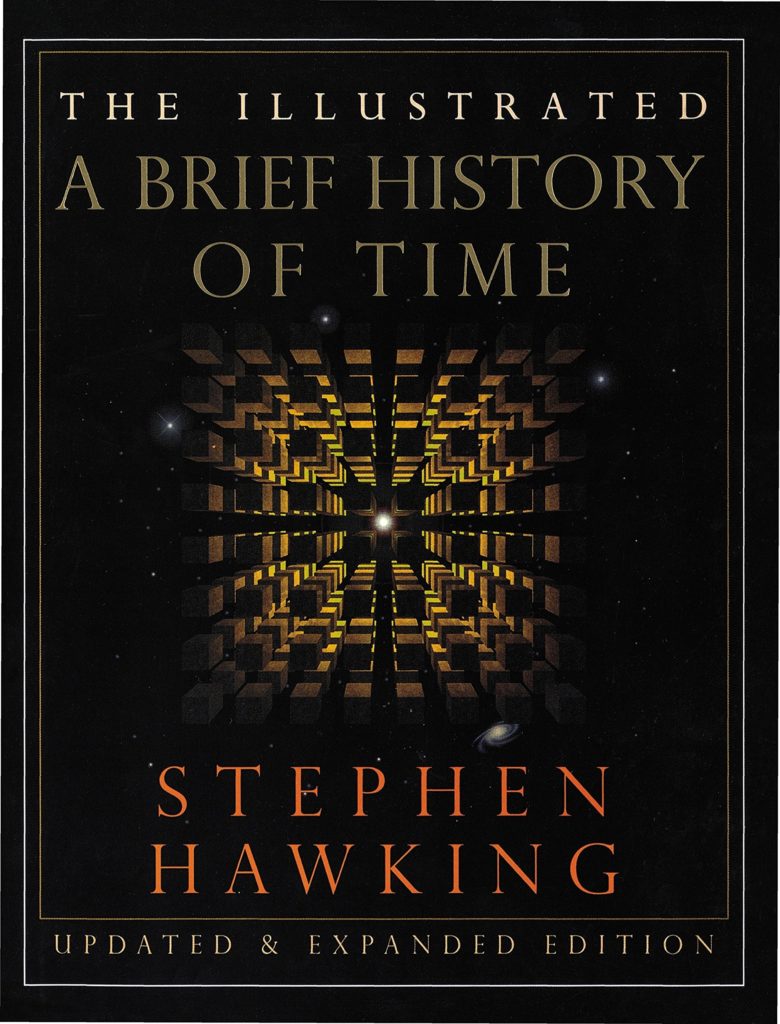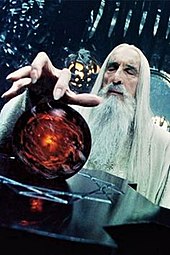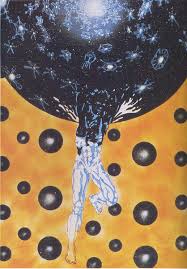This is a literary, rather than political place (so it’s a supeior place) but Molly Ivins was a literary journalist with great wit, so it’s fair to ask what she might have said about Donald Trump, had she not died in 2007.
In her papers at the University of Texas, there’s tantalizing mention of some of her notes about Trump in 2007. It’d be lovely if somebody from the university would put those online, as I’m sure they’d be of interest.
The internet mostly has articles where other writers fantasize about what Ivins might have said and while that’s fun, it’s not quite what I was looking for. It looks like, though Trump was a public figure throughout Ivins’ career, that she didn’t care much about him, which is just more evidence of her judgment and taste. I did find this but from The Texas Observer, where Ivins bemoans the lack of tough questions being posed to either Al Gore or George W. Bush leading up to what turned out to be a historically important election in 2000:
“Early in November, we had the grave matter of whether Al Gore is an alpha male thoroughly parsed for us — one newsmagazine made it the lead story. We were also confronted with George W. Bush’s ignorance of the names of three out of four leaders in world trouble spots, and this called for much double-doming and deep dissection. After Ronald Reagan, who didn’t know all the names of his own Cabinet members, you would think there was little excitement to be mined in that department. The disquieting news that John McCain has a temper has been thoroughly mulled over by all and sundry. All this follows months of discussion on burning topics like W. Bush’s alleged drug use thirty years ago, vast attention to Gore’s shifting from blue suits to earth tones, Donald Trump being treated as though any reasonable citizen would consider voting for him, the Warren Beatty candidacy, and much more that is of no help whatever in selecting the next Leader of the Free World.”
So, there you have it. Ivins dismissed Trump, then running as Reform Party candidate, as an irrelevant clown.




